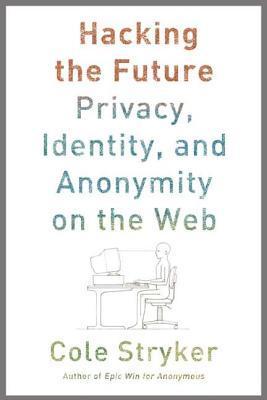A useful history, with valid arguments for the protection of privacy and anonymity, but the book could have been better. If I were Stryker's editor, I would start by asking him to be clear when he is speaking to a sophisticated audience of Internet-savvy readers (probably the bulk of the people who will buy the book) and when he is addressing a more general public in a journalistic manner. Although he makes off-hand references to events only an Internet veteran would know, I think he routinely assumes he's talking to a less technically adept reader in order to forgo the rigour of explaining complex topics. Unfortunately, such rigour is sometimes necessary because the devil often lies in the details (such as to explain why one type of anonymizing service is more effective than another). I do, however, ultimately respect his defence of anonymity and his sober discussion of the measures people and institutions could take to mitigate against its bad aspects. Stryker's logic is sometimes hard to follow (I don't believe his conclusion is always reachable from his arguments) and he indulges in oddities such as declaring that the FCC's regulation of the Internet consists only of the "four freedoms" enunciated by Chairman Michael Powell in 2004. His points about anonymity have circulated widely for years, so in order for his book to play a useful role as a canonical, principled statement, it should have been more disciplined and better organized.

